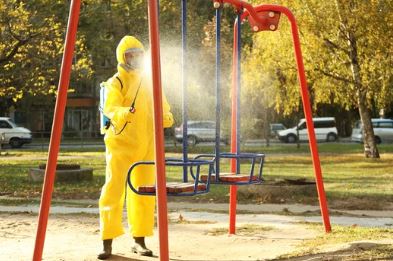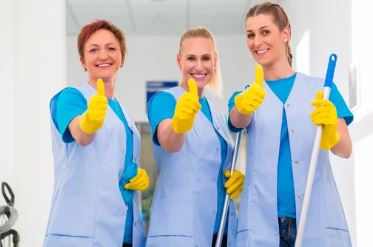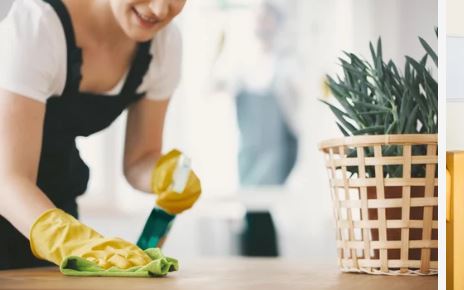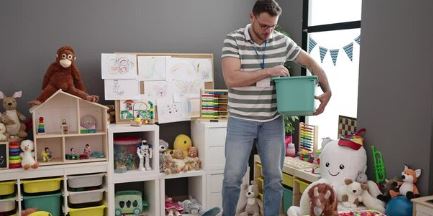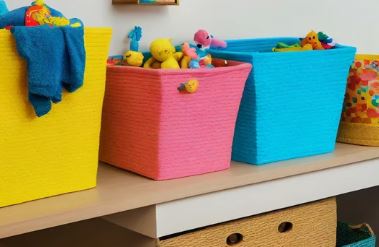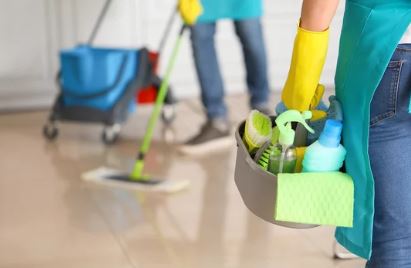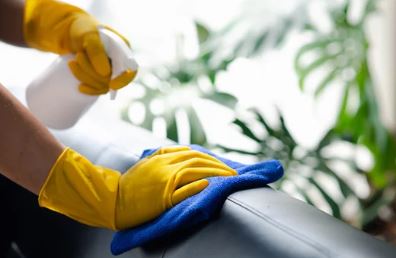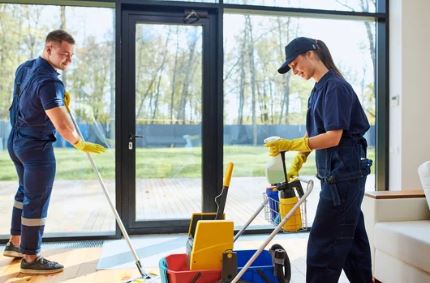Childcare Cleaning Advocate
Childcare Cleaning
What is a Childcare Cleaning Advocate? A Childcare Cleaning Advocate is someone who promotes the cleaning and sanitation of childcare facilities. They act as an advocate for the health and safety of the children in their care, ensuring that all areas are kept clean and hygienic (in accordance with relevant health regulations).
Childcare Cleaning Advocates often perform daily inspections to check for any potential risks or hazards which could cause harm to children. This can include checking for dirt, dust and other allergens; ensuring surfaces are free from germs; conducting regular deep cleans of shared spaces; and reinforcing hand-washing procedures. They also provide guidance on how to properly use cleaning products, such as disinfectants, soaps and detergents to maintain a high standard of hygiene.
Additionally, they may advise staff on proper storage techniques for food items, such as refrigerating perishable foods and storing items at safe temperatures. They will also help monitor the waste disposal process within childcare centres, making sure that all rubbish is disposed of correctly. Furthermore, they may be required to train staff members on effective cleaning practices - teaching them about everything from vacuuming carpets to mopping floors!
Overall, Childcare Cleaning Advocates play an important role in keeping our kids healthy and safe by advocating for strong hygiene standards in childcare settings. Through their work they ensure that these places remain clean and sanitary environments where young minds can flourish without having to worry about coming into contact with dangerous bacteria or viruses! So next time you see one of these advocates at your local childcare centre make sure you thank them for their hard work!
